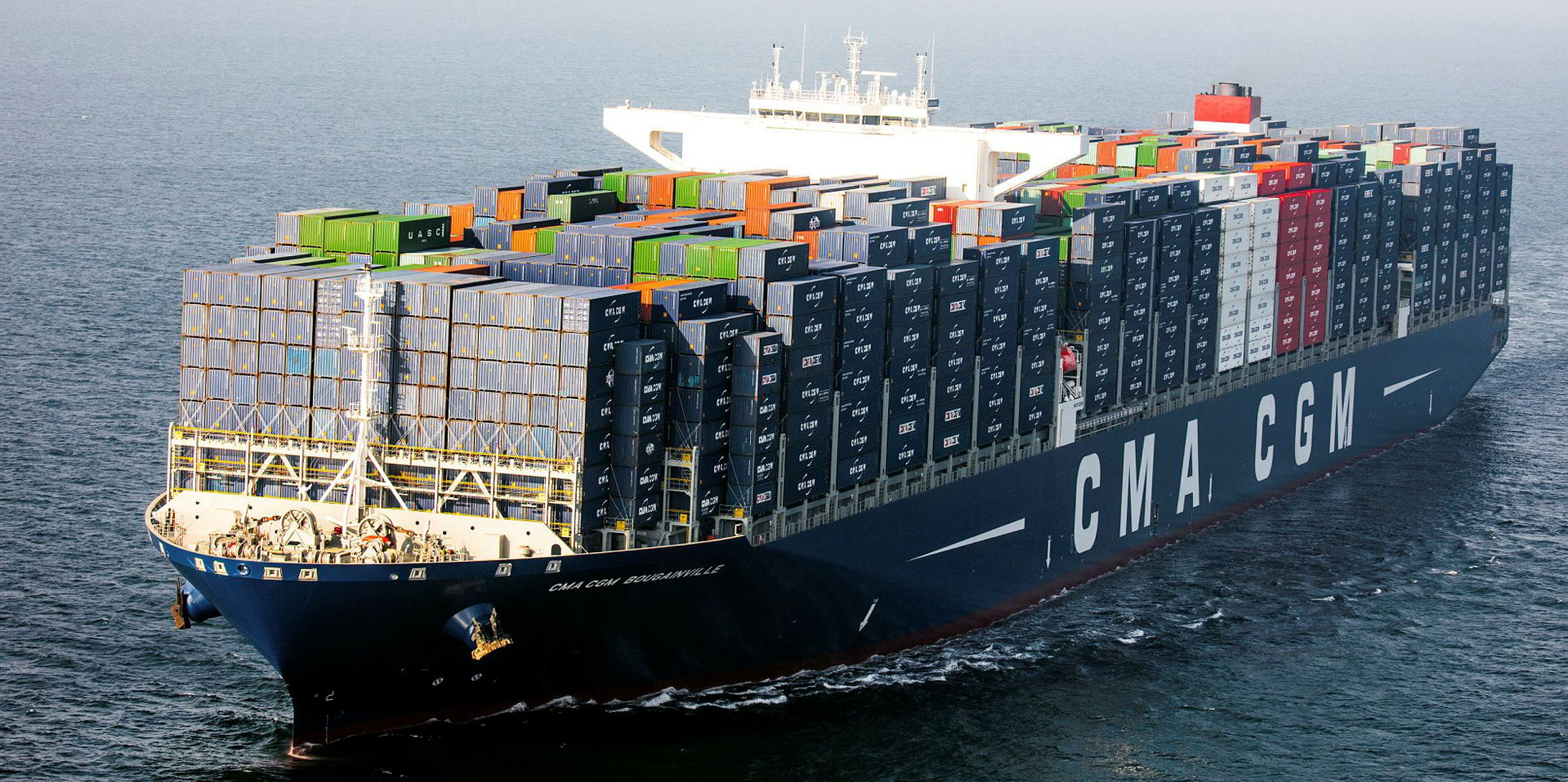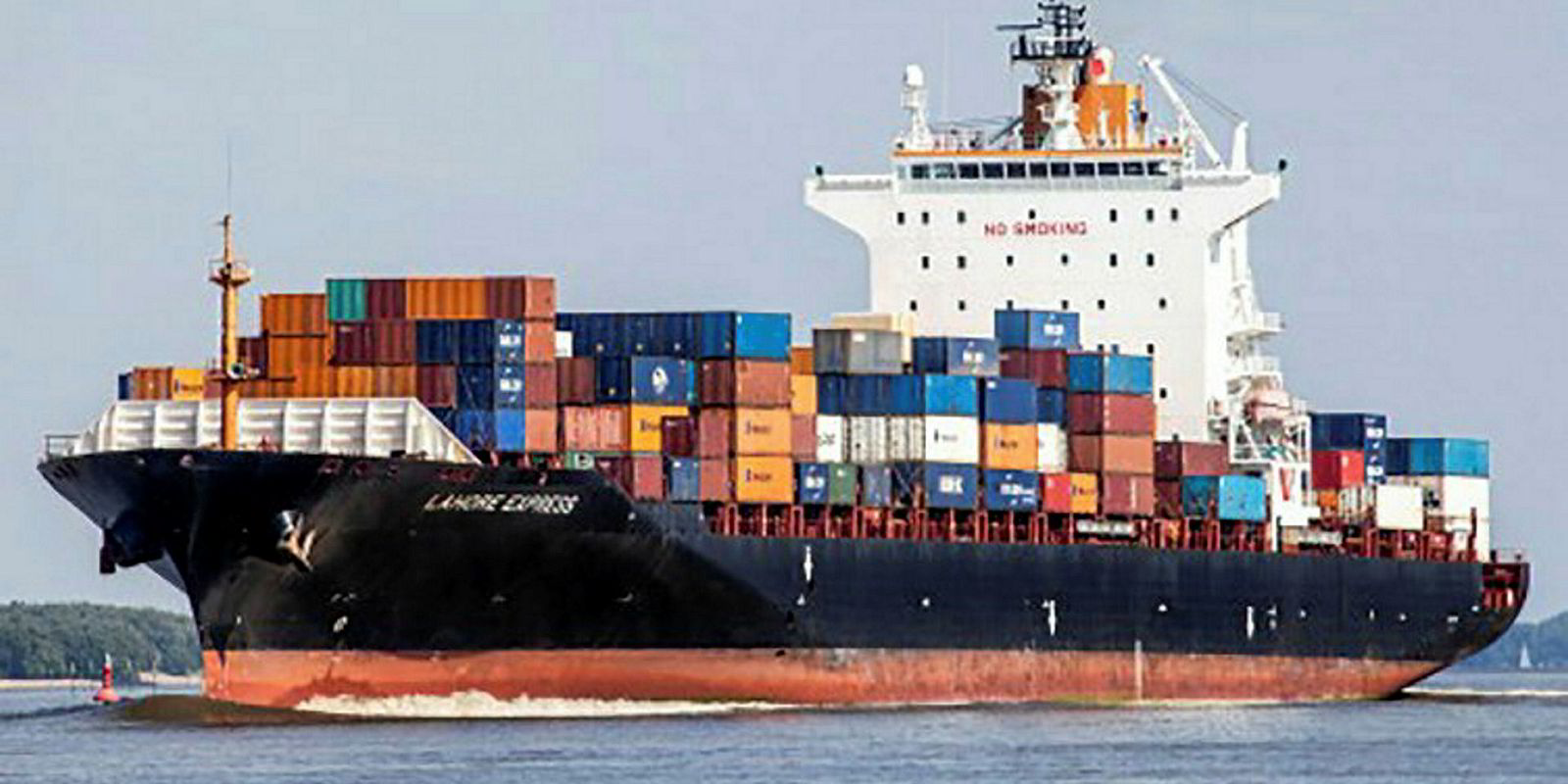The future of container shipping could be dominated by a handful of mega-carriers as alliances die away, according to shipping consultancy Drewry.
The company has weighed into the argument on continued block exemptions from competition rules for lines in Europe.
The European Commission is reviewing an exemption agreement due to expire in April 2020.
On one side is the OECD think-tank International Transport Forum (ITF), which has argued alliances are detrimental to competition.
It said in a new report: "The current three alliances are not serving the smaller carriers but each brings together two to three very large carriers that would be able to offer most of their services outside an alliance."
The ITF added that alliances have become too big and powerful and place a barrier to entry on East-West trades for independent carriers.
It also fears alliances could be the breeding ground for collusion between carriers, as they provided members with “in-depth insights on the cost structures of their competitors.”
The World Shipping Council (WSC), however, takes the opposite view, saying that without the guidance afforded by the “simple and flexible legal framework” of the block exemption, compliance costs will increase and legal certainty would be reduced, restricting vessel-sharing agreements (VSAs).
It added that removing the block exemption would put Europe at odds with other jurisdictions around the world, placing carriers focused on European trades at a competitive disadvantage.
WSC believes the market is still fragmented and even the biggest carriers could not replicate their current level of service individually.
The end of alliances?
Drewry said: "The formation of the current alliance structure was a defensive move to lower costs at a time of serious financial distress that brought about the demise of Hanjin Shipping.
"Without such agreements in place, it is our view that market concentration would accelerate at even faster pace than it is as it would place even higher barriers of entry into European trades.
"Alliances have at least kept entry into the ULCV (ultra large container vessel) club open to more lines than otherwise would have been the case, negating the need to purchase all of the ships required to operate a weekly service."
Drewry believes that without alliances, maintaining similar port coverage would mean introducing more ships.
"The economic efficiency of alliances may decrease as carriers become larger and fewer, being better able to fill the largest ships on their own," it added.
"Instead of three or four alliances or VSAs involving 15 carriers per trade, we can envisage a future with say only four independent mega-carriers per trade and no alliances.
"On the flip side, if containerships grow larger than the current maximum the need for alliances will become more imperative.
"Shippers should not fear alliances, which have aided competition during a period of market concentration. That process is ongoing, but will likely accelerate without consortia block exemption."




